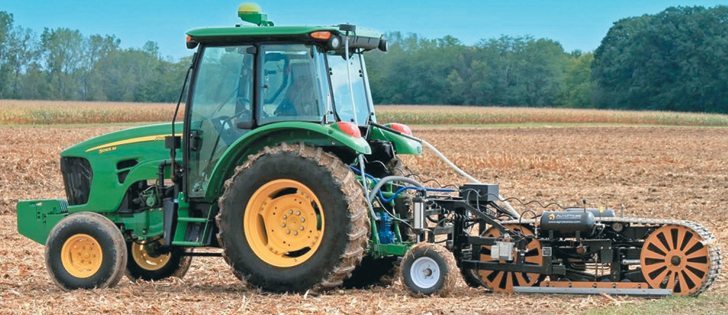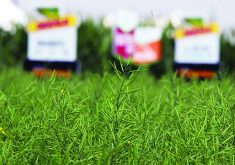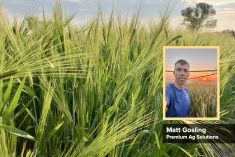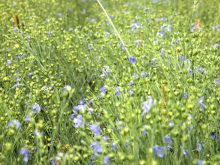The Arkansas-built AutoProbe typically bags one section of soil samples in a normal working day. On a really good day, AutoProbe samples two sections.
But these are not random samplings with a core here and a core there.
The AutoProbe pulls up to 40 cores per sample for each 2.5 acre grid square, at a depth of six inches. It then mixes the soil and bags it.
“Guys have no trouble knocking off 500 to 700 acres in a regular day, without any help from us,” said Jeff Burton, head of AgRobotics.
Read Also
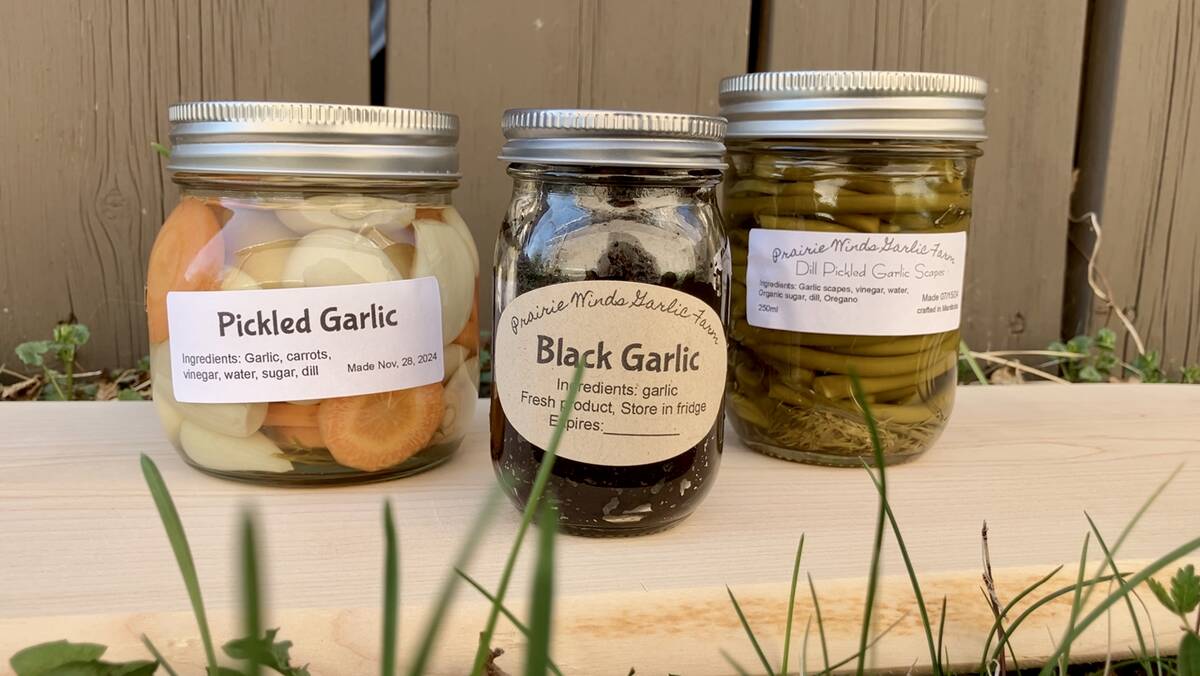
Growing garlic by the thousands in Manitoba
Grower holds a planting party day every fall as a crowd gathers to help put 28,000 plants, and sometimes more, into theground
“We’ve got guys doing 1,200 plus acres in one day. The AutoProbe machine is capable of pulling 2,500 cores per hour.”
Until now, Burton has leased the AutoProbe to large agronomy service companies and supervised its use. However, this year he will start selling the machines to farmers and agronomy services firms, regardless of their size.
The AutoProbe is a three-point mount tracked machine that pulls cores on the go. The stainless steel probe punches the earth once per revolution of the 17-foot long rubber track. This is the company’s bread and butter machine.
Its secondary unit is the RapidProbe, a lower-cost gator-mounted machine that stops for each core. It pulls two cores at each of three stops, totalling six cores for every 2.5 acre grid square.
“We’ve found there’s really no need for us to babysit the machines or the operators. The machines are reliable and it takes us only a half a day to train a new operator,” Burton said.
“Right now, we’re concentrating on the AutoProbe. It simplifies our business if we just sell the units outright.
“That allows us to focus on merging information from our machines into the whole fertility management revolution that’s taken place in the past six years.
“We’re talking about a seamless flow from AutoProbe through to prescription maps and variable rate application that includes every factor, even variety selection. That’s where we’re headed with this whole thing.”
Burton said pending manure management legislation in states with dense urban centres, such as California and on the East Coast, will increase the need for watershed and soil information in areas with intensive livestock operations.
The demand is currently for cores at the six inch depth, but he thinks the demand will increase for 12 inch soil samples once manure management legislation is passed.
This may increase market demand for the slower RapidProbe, which is capable of pulling plugs from a depth of 12 inches because it stops for each core.
Sticky mud has been a problem for the AutoProbe since it first went into the field six years ago.
“There are more kinds of clay than you can imagine,” he said.
“Our biggest challenge all along has been getting the soil core out of the cylinder in soils that we call sticky soils.
“We relied on a vibration system, but it just didn’t always get the core to release. So we’ve redesigned the probe tracking system. We call it the extreme knockout. As the probe comes across the top of the machine, it gets slammed down violently. Nothing stays in the cylinder.”
Burton said 18 AutoProbes are currently in the field, all assigned to leading agronomy consultant firms such as Crop Production Services. Together, they have sampled more than 600,000 acres.
That may not seem like a lot, but many of those acres have been sampled on numerous occasions, with cores taken at the same spots.
The AutoProbe will sell for $49,000 to $59,000 US, depending on the level of data capture required by the customer.
Burton said he hasn’t sold units to Canada yet, but a couple of agronomy services are interested.
For more information, contact Burton at 501-551-7999 or visit www.agrobotics.com.



